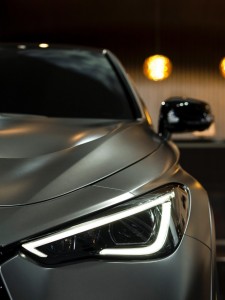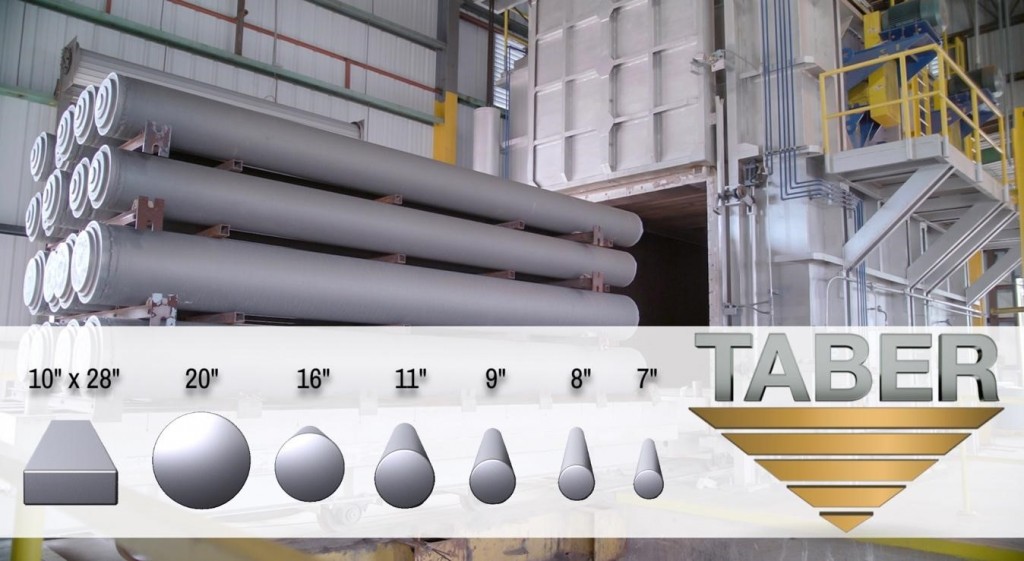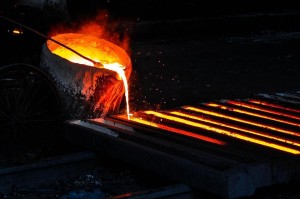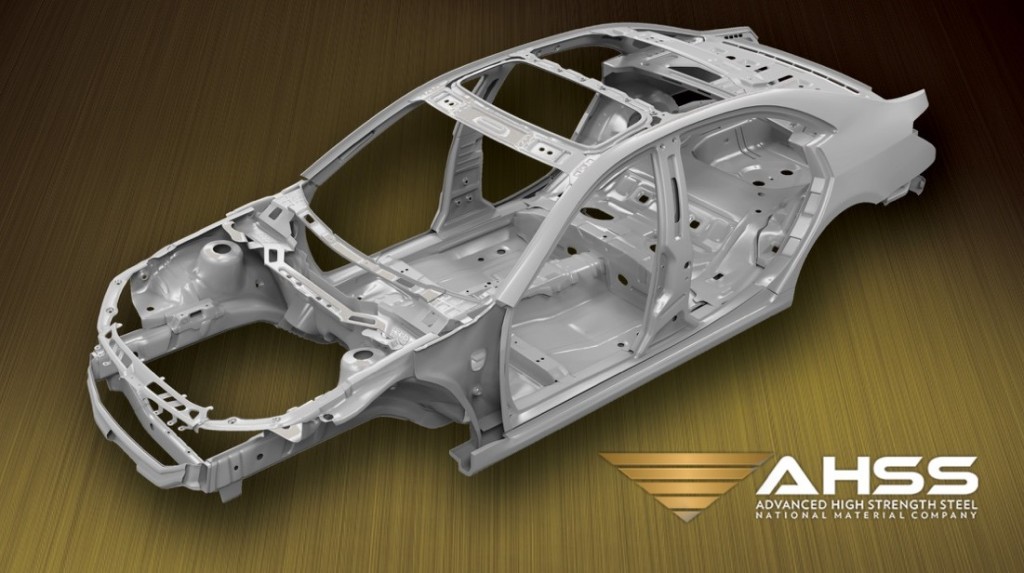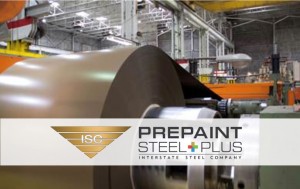Advanced High-Strength Steel Rules the Road in 2019
Advanced High-Strength Steel is a new generation of steel revolutionizing the automotive industry. The widespread use of advanced high-strength steel doesn’t seem to be slowing down as we move into 2019. This high-performance material offers high-strength and low weight, all while maintaining formability that is crucial to the automotive manufacturing process.
Strong and dependable, steel continues to be the frontrunner when it comes to car manufacturing. A recent survey showed that steel is the preferred material in automobiles, with 90% of consumers saying they believe steel is stronger than other materials used by automakers. 75% said that a car’s crash safety, and other safety features, were the most important factors when buying or leasing a vehicle.
Various automotive manufacturers have announced intentions to increase their use of AHSS in automobiles, and several 2019 and 2020 models made with higher proportions of the advanced high-strength steel have already been unveiled.
SUV’s
Source: Repairer Drive News
Last month, a large automotive manufacturer “…revealed its brand-new “flagship” three-row SUV, describing a steel body with a 13.7 percent higher average tensile strength than its next-generation 2019 coupe.”
The article continues to highlight the SUV’s new build, saying it has “…a very rigid structure, with strategic use of Advanced High Strength Steel (AHSS) in key suspension and crash areas to provide increased tensile-strength. Use of Advanced High Strength Steel has several benefits: lighter overall vehicle weight and greater vehicle strength and rigidity without the excessive costs of more exotic lightweight materials.”
The SUV “…is expected to achieve TSP+ from the IIHS and a 5-star NHTSA rating. Robust underbody and side structures are designed to increase energy absorption and cabin intrusion in a severe collision, especially in the small overlap test. Further, its underbody uses multiple load paths to better disperse potential crash energy in the event of a collision.’”
Sedan
Source: Repairer Drive News
Another automotive manufacturer announced that “The 2019 sedan model ‘strengthens its bones’ for its third generation, describing a body made up of 54 percent advanced high-strength steel.”
The vehicle also added “hot-stamped components”, a reference likely to indicate ultra-high-strength steels.
This new configuration is likely to restrict what auto body shops can do to the popular sedan. Higher-strength steels tend to carry heat, sectioning and repair restrictions because of their metallurgy or role in crash protection.
“Because body stiffness plays a major role in NVH performance, engineers worked to increase rigidity for a quieter cabin and better handling tuned to match the car’s sporty and dynamic exterior appearance, resulting in a 16 percent stiffer body in white,” the automotive manufacturer wrote in a news release Wednesday.
“New subframe designs help to improve lateral responsiveness, while steering feel is upgraded compared to its predecessor’s thanks to enhancements within the Motor Driven Power Steering (MDPS) system that reduce artificial steering feel and friction.”
Throughout the last year, we shared information on the […]

